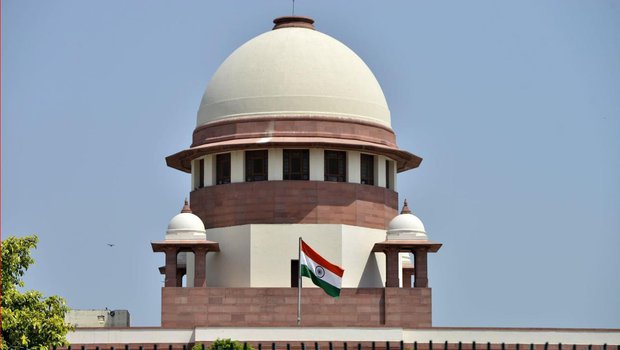The Supreme Court summarized the principles governing minority educational institutions under Article 30 of the Constitution of India. Earlier, the Supreme Court upheld the constitutional validity of the National Eligibility-cum-Entrance Test (NEET) for graduate and post-graduate programs in medical and dental courses in the country. Explicitly, in a batch of writ petitions filed by Christian Medical College, Vellore vs Union of India. A bench comprising Justices Arun Mishra, Vineet Saran, and M R Shah noted the right conferred on the religious and linguistic minorities as not absolute. That is, the right to administer educational institutions of their choice. The bench held that this right is not free from regulations.
Based on a few precedents, the apex court noted that the rights of the religious or linguistic minorities; under Article 30 stand not in conflict with other parts of the Constitution. It measures plans for the proper functioning of institutions. Moreover, the measures are to ensure the standard of education is maintained. Hence, the measures intend to weed out evils from the system and various malpractices which decayed the system.
The bench opined that the regulatory measures in no way interfere with the rights of minority educational institutions; to administer the institution by the religious or linguistic minorities. Reasonable regulatory measures can be provided without violating such rights available under Article 30 of the constitution to administer an institution. Consequently, the court held a uniform entrance test qualifies the test of proportionality and reasonability. Consequently, the Supreme Court held that the rights under Article 30; are not in violation with Section 10D of the MCI Act and the Dentists Act.

